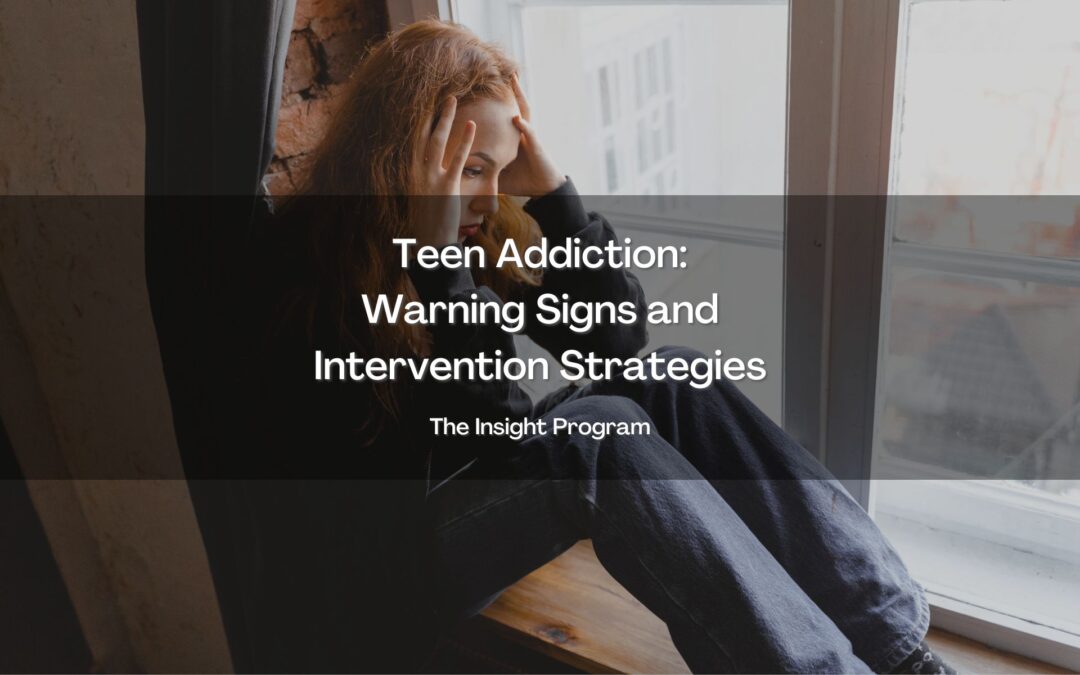Teen addiction is a serious and growing concern in today’s society. As a drug and alcohol counselor, I want to shed light on the warning signs of teen addiction and provide some intervention strategies that can help parents and caregivers address this issue. In this blog, we’ll explore what to look out for and how to approach the situation in a way that can make a positive difference.
Warning Signs:
- Changes in Behavior: Keep an eye out for sudden and significant changes in your teen’s behavior. This may include increased secrecy, mood swings, or withdrawal from family and friends.
- Deteriorating Academic Performance: If your teen’s grades start to decline and their motivation for schoolwork wanes, it could be a red flag.
- Physical Symptoms: Unexplained changes in their physical health, such as weight loss, bloodshot eyes, or a persistent cough, may indicate substance use.
- Neglected Responsibilities: Teens struggling with addiction often neglect their responsibilities at home or work.
- Social Isolation: If your teen starts distancing themselves from friends and family or hanging out with a new, unfamiliar crowd, it might be cause for concern.
Intervention Strategies:
- Open Communication: Initiate a non-judgmental and supportive conversation with your teen. Let them know you are there to help and listen, not to punish.
- Educate Yourself: Learn about addiction and its effects. The more you understand, the better equipped you’ll be to help your teen.
- Seek Professional Help: Consult a mental health professional or addiction counselor for guidance and support. They can provide an expert perspective and develop a treatment plan.
- Set Boundaries: Establish clear and consistent rules at home. This provides a sense of stability for your teen and reduces opportunities for substance use.
- Encourage Healthy Activities: Encourage your teen to engage in activities they enjoy, which can replace the void left by addictive behaviors.
- Support Groups: Look into local support groups for both you and your teen. These can offer emotional support, share experiences, and provide guidance.
- Monitor Their Online Activity: Be aware of their online presence and the platforms they use, as many substances are accessible through the internet.
- Stay Patient: Recovery is a process that takes time. It’s important to be patient and offer continuous support throughout the journey.
Teen addiction is a challenging issue, but it’s essential to address it with care and understanding. By recognizing the warning signs and taking appropriate intervention steps, you can provide your teen with the help and support they need to overcome addiction and build a healthier future. Remember, you’re not alone in this; there are professionals and support networks available to guide you through this journey.

